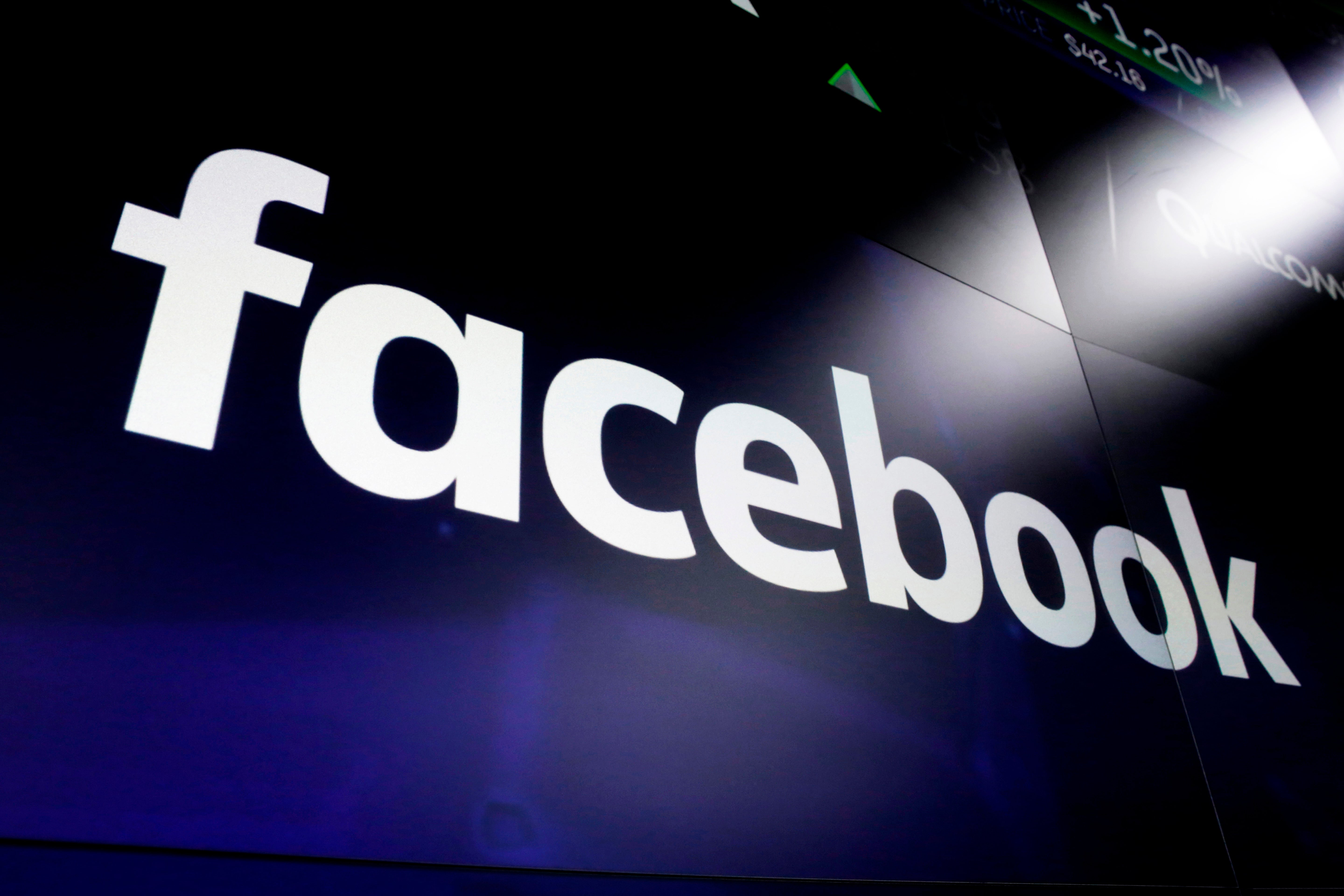Why is Facebook blocking news in Australia? How a fight over the future of news led to it disappearing

Facebook users in Australia are opening up the website to find that news has largely disappeared from the site.
The company has blocked the sharing and viewing of news articles and pages in the country, in a shock decision that stems from an ongoing fight between tech companies, news organisations and the government.
Facebook’s move means that international users will not be able to see news published by Australian outlets, and that people in Australia will not be able to share or view any news.
The dispute has emerged after attempts to make Google, Facebook and other internet companies pay for the news content that is featured on their sites.
The government argues that doing so will be an important way of ensuring that public service journalism is able to prosper and ensure that revenue is fairly split between technology companies and media outlets.
But technology companies argue that the payments are unfair, and threaten some of the technologies that underpin the internet.
It is that argument that has come to its latest and most high-profile development in the decision by Facebook to start blocking news in the country.
What is happening in Australia?
Facing a proposed law to compel internet companies to pay news organisations, Google has announced deals with Rupert Murdoch’s News Corp and Seven West Media. No financial details were released. The Australian Broadcasting Corporation is in negotiations.
Google accounts for 53 per cent of Australian online advertising revenue and Facebook 23 per cent, according to treasurer Josh Frydenberg.
Google had threatened to make its search engine unavailable in Australia in response to the legislation, which would create a panel to make pricing decisions on news.
On Thursday, Facebook responded by blocking users from accessing and sharing Australian news.
Facebook said the proposed law “ignores the realities” of its relationship with publishers that use its service to “share news content”. That was despite Mr Frydenberg saying this week that Google and Facebook “do want to enter into these commercial arrangements”.
What is happening in other countries?
Australia‘s proposed law would be the first of its kind, but other governments are also pressuring Google, Facebook and other internet companies to pay news outlets and other publishers for material.
In Europe, Google had to negotiate with French publishers after a court last year upheld an order saying such agreements were required by a 2019 European Union copyright directive.
France is the first government to enforce the rules, but the decision suggests Google, Facebook and other companies will face similar requirements in other parts of the 27-nation trade bloc.
Google and a group of French publishers have announced a framework agreement for the American company to negotiate licensing deals with individual publishers. The company has deals with outlets including the newspaper Le Monde and the weekly magazine l’Obs.
Last year, Facebook announced it would pay US news organisations including The Wall Street Journal, The Washington Post and USA Today for headlines. No financial details were released.
In Spain, Google shut down its news website after a 2014 law required it to pay publishers.
Why does this matter?
Developments in Australia and Europe suggest the financial balance between multibillion-dollar internet companies and news organisations might be shifting.
Australia is responding to complaints internet companies should share advertising and other revenue connected to news reports, magazine articles and other content that appears on their websites or is shared by users.
The government acted after its competition regulator tried and failed to negotiate a voluntary payment plan with Google. The proposed law would create a panel to make binding decisions on the price of news reports to help give individual publishers more negotiating leverage with global internet companies.
What does this mean for the public?
Google’s agreement means a new revenue stream for news outfits, but whether that translates into more coverage for readers, viewers and listeners is unclear.
The union for Australian journalists is calling on media companies to make sure online revenue goes into newsgathering.
“Any monies from these deals need to end up in the newsroom, not the boardroom,” said Marcus Strom, president of the Media, Entertainment and Arts Alliance. “We will be pressing the case for transparency on how these funds are spent.”
In the meantime, access occasionally could suffer. Facebook‘s move on Thursday initially blocked some Australian commercial and government communications pages.
Additional reporting by Associated Press

Join our commenting forum
Join thought-provoking conversations, follow other Independent readers and see their replies
0Comments